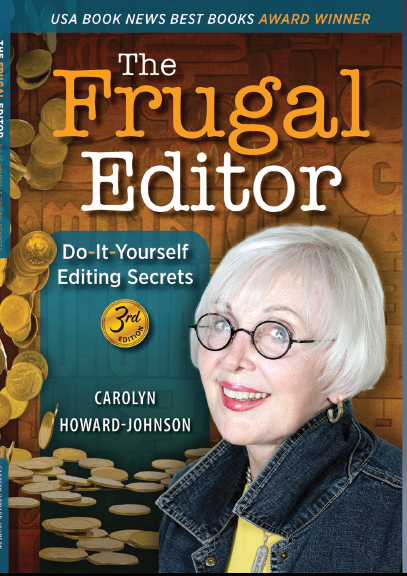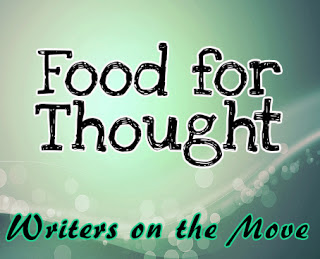The Guest Blogger with Typewriter
She Used in Early Ann Landers Days
To #WritersontheMove Subscribers and Visitors:
Amy Dickinson just announced that she would be retiring her Ask Amy advice column after several decades of serving readers like me who enjoy learning from others’ mistakes and successes. Unbeknownst to Amy, we have a history that goes way back and I am pretty sure it is unique after reading her columns (and her predecessor Ann Landers’ columns) for so long. I hope you will find it interesting and help me help her celebrate doing something new with her writing from her home in New York State. Here it is just as it appears in the snail mail I sent to her.
Dear Amy, June, 2024
Chapter Twenty-Two
Getting Questions Answered à la Ann Landers, Amy, or Eric
“There is only one thing better than learning from our own mistakes. It’s learning from the booboos, blunders, and gaffes of others.” ~ CHJ
So, dear reader, what if you didn’t get it right the first time! What if you feel frozen or depressed about an aspect of your review process? If you’ve read this book through, you probably suspect I don’t much like being told no or that there is only one right way to do something. It is part of my onward-and-upward-with-no-delays philosophy.
That’s one reason I love Q&A formats; they tend to highlight alternative views and illustrate what destructive thinking consists of. That love comes, in part, from some of my first experiences as a journalist. The editor at my first “real” writing job put me to work making Ann Landers’ columns fit into space allotted on page layouts the advertising and backshop departments had designed for what we then called the “Society” pages. (Advertising is where the money comes from that keeps newspapers’ presses rolling so they get first dibs on the available space on newspaper pages.) Sometimes there was not enough room for all of Ann’s letters so it was my duty to edit, cut, and fix so they fit and were still intelligible.
In the process, I learned a lot in the letters about life’s little problems including the roadblocks similar to the ones we authors run into with reviews. Q&As are an easy way to identify problems and to make them understandable because they are anecdotal. So, you are going to get a few short Q&As that answer some questions about the review process that keep you awake at night. Sometimes they are questions about specifics, sometimes general. But they are exercises in learning from one another. All are adaptations of actual Q&As à la Ann Landers (or her Ask Amy successor!) that I use in the seminars I teach.
###
PS: Amy, I am enjoying your reruns this month, too. Though I have to admit I have never seen one of those professed reruns when it was (theoritically) first published. Not once. Over all those decades I have been avidly reading your column.
How can that be? My memory isn’t what it once was, but I’m still not that forgetful and I couldn’t have missed more than a few of your columns while on vacation over the years. Just wondering…
And, please pass along good wishes to Eric, too!
Very best, your faithful reader,
Success in 2024,
Carolyn Howard-Johnson
Promise yourself better editing of all your work—query letters to books--in 2024 with the 3rd Edition of my “The Frugal Editor." NOW IN RELEASE ON AMAZON fromMODERN HISTORY PRESSADVANCE PRAISE“…The Frugal Editor is part reference guide, part do-it-yourself editing manual, part masterclass on the writing and publishing industry…and all with Carolyn’s signature humor and encouraging energy! She is a master at simplifying overwhelming tasks into relevant, can-do information…” -Dallas Woodburn, best-selling author and book coach Cover by Doug WestHeadshot by Uriah Carr Amazon Series Page:
https://tinyurl.com/FrugalSeries
Blog:
http://SharingwithWriters.blogspot.com
Submit to my #SharingwithWriters blog: tinyurl.com/SubmittoMySWWBlog
Twitter: @FrugalBookPromo
Facebook:
http://facebook.com/carolynhowardjohnson
Amazon Profile: http://bit.ly/CarolynsAmznProfile
E-mail: hojonews@aol.com
PS: Learn more about my fiction and poetry at carolynhoward-johnson.com. [Do not use https or http with this. Use it as you see it-- naked. LOL.]







